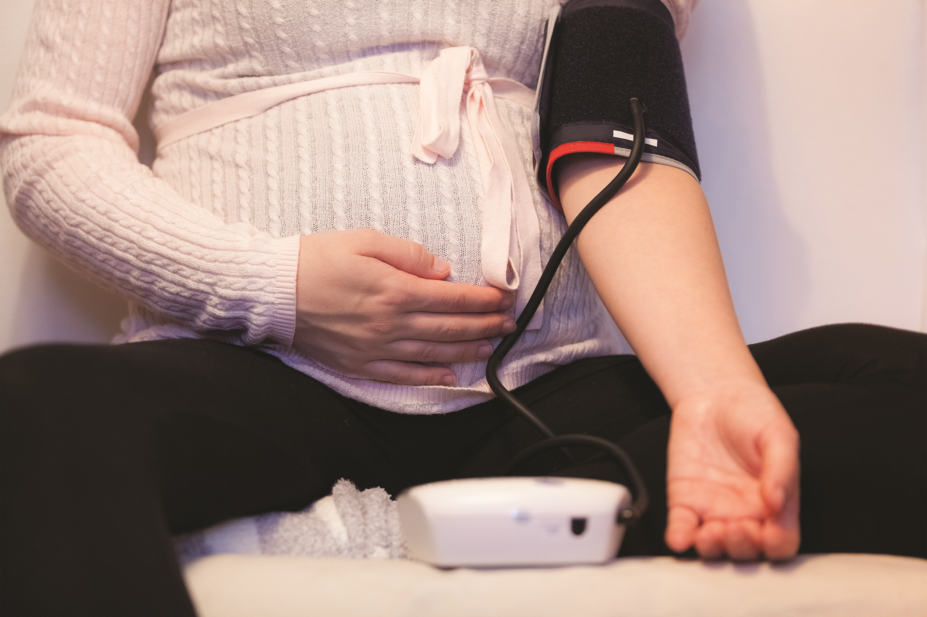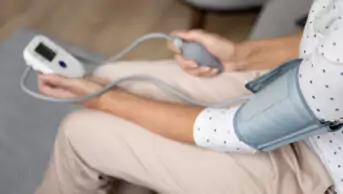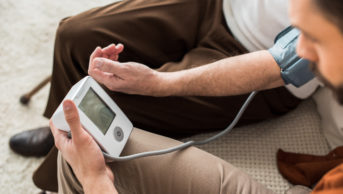
Shutterstock.com
Home blood pressure monitoring (HBPM) can reduce the number of hospital visits for pregnant women with hypertension, without compromising maternal and pregnancy outcomes, according to the results of a new study published in Ultrasound in Obstetrics & Gynecology (online, 22 February 2018)[1]
.
Researchers from St George’s Hospital, University of London carried out a case–control study of 166 hypertensive pregnant women.
Some 108 women were taught how to measure their blood pressure using a validated machine at home and record it in notes or on a specially designed smartphone app. They were also given a personalised schedule of monitoring and timing of hospital visits, depending on their clinical need.
The 58 women in the control group were managed according to the traditional pathway of regular day assessment unit (DAU) visits for blood pressure monitoring with follow-up visits one or twice a week, depending on severity of hypertension.
The frequency of monitoring for both groups complied with National Institute for Health and Care Excellence (NICE) guidelines on hypertension in pregnancy.
It was found that the HBPM group had significantly fewer visits to the DAU for blood-pressure monitoring (4 vs 6, P<0.001). When also including other blood pressure-related visits to antenatal services, the HBPM group also had significantly fewer antenatal visits per patient (6.5 vs 8.0, P=0.003).
When worked out as number of visits per patient per week, the HBPM group still had fewer visits compared with the control group (0.8 vs 1.6, P<0.001).
The duration of monitoring was significantly longer in the HBPM group (8.9 vs 4.9 weeks, P=0.004). However, the authors said that this was probably due to the fact that there was a greater proportion of patients with chronic hypertension in that group, compared with the control group, who would have likely started monitoring earlier on in their pregnancy.
“It is time to use existing technology in order to improve the way we look after pregnant women,” said Asma Khalil, consultant obstetrician at St. George’s University Hospitals NHS Foundation Trust and senior author of the study.
“Supported by both quantitative and qualitative research data, home monitoring of hypertension in pregnancy has proven very popular and is likely to be safe and cost saving.”
Home Monitoring of Hypertension in Pregnancy, or HaMpton, has been selected to join the NHS Innovation Accelerator programme, which is supported by NHS England, Academic Health Science Networks, and University College London Partners.
References
[1] Perry H, Sheehan E, Thilaganathan, B, et al. Home blood-pressure monitoring in a hypertensive pregnant population. Ultrasound Obstet Gynecol 2018. doi: 10.1002/uog.19023


